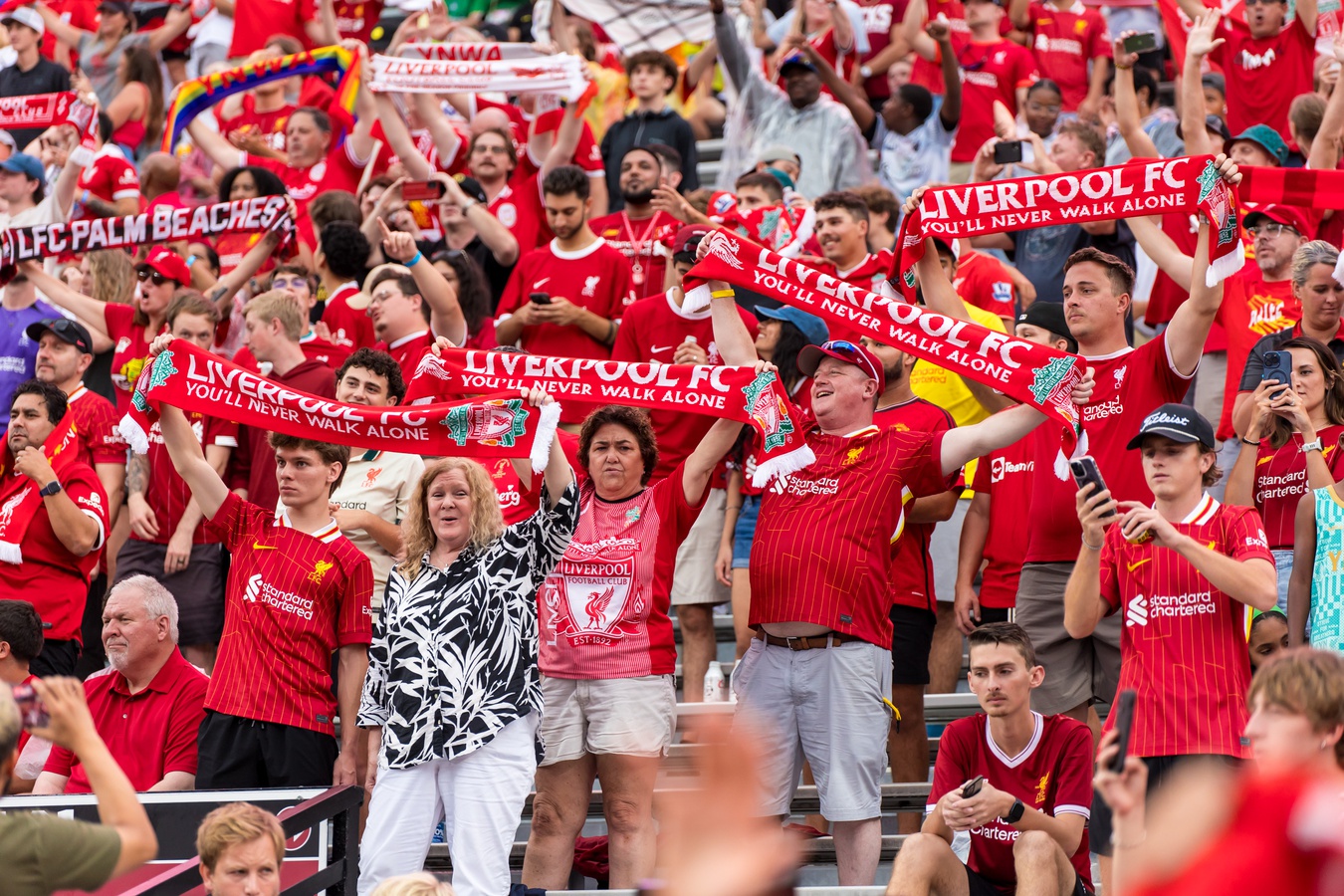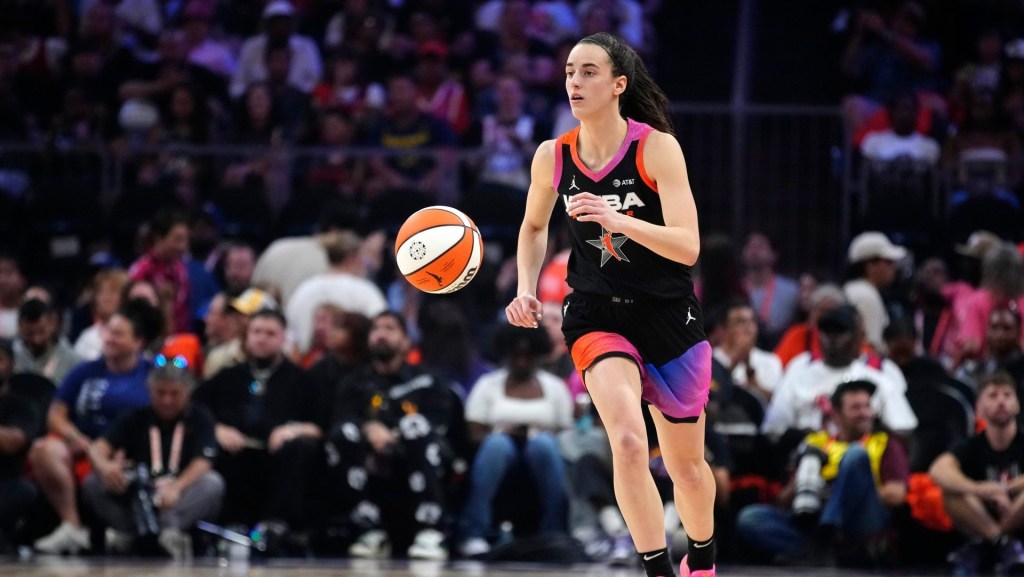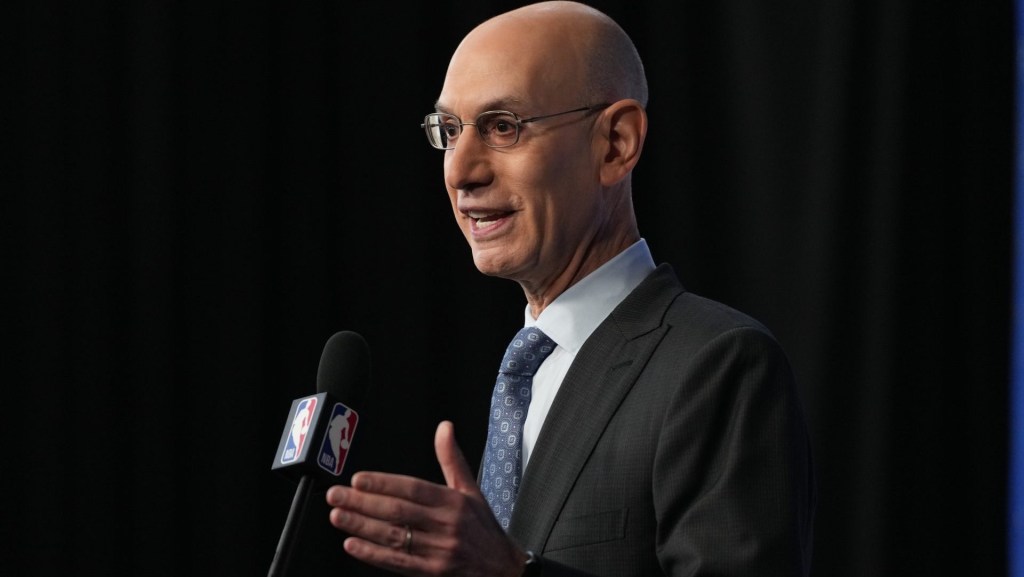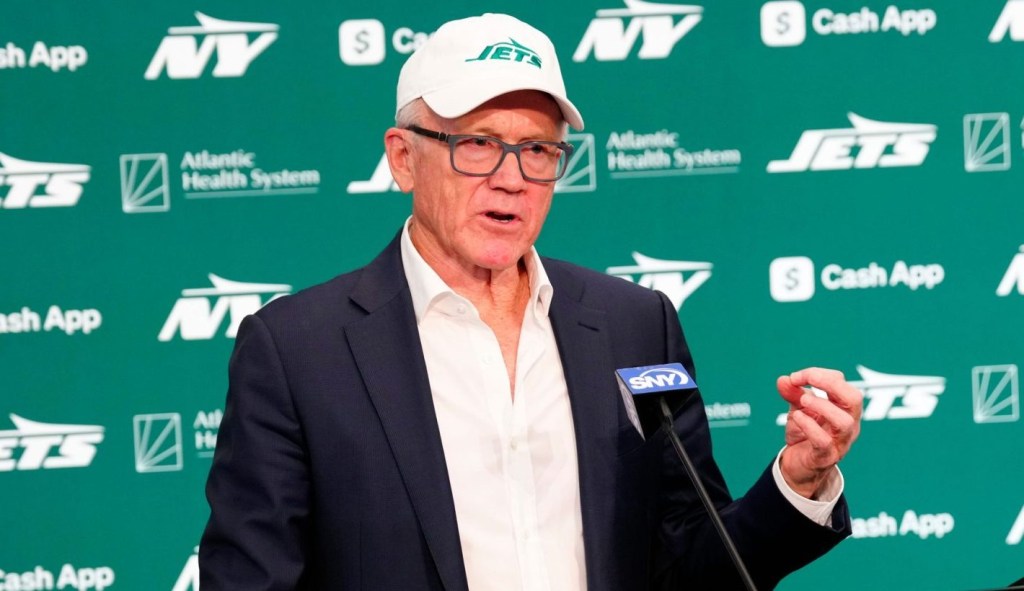U.K. officials have made a series of votes that keep some core, but oft-debated, elements of the Premier League firmly in place while also introducing a critical new level of financial oversight.
The House of Commons voted by an overwhelming 415–98 margin to create a new independent regulator that will oversee men’s soccer in England’s top five divisions, promote better financial sustainability, and ensure clubs are accountable to fans.
The measure to establish the new soccer watchdog, now set for a quick assent by the House of Lords, arises as fiscal elements have roiled the Premier League on multiple fronts in recent years, including an ongoing financial fair play dispute involving Manchester City, continued losses by clubs such as Manchester United and Everton, and rising unrest and protests among fans over ticket prices.
Lower-division clubs, meanwhile, have often existed on the brink of financial ruin.
“We promised in our manifesto that we would end years of inaction and make the changes that fans have fought for for so long and are so overdue,” said U.K. Culture Secretary Lisa Nandy.
No Additional Free Broadcasts
Those same legislators, meanwhile, rejected a proposed move to put at least 10 Premier League matches per season on free-to-air television.
Since the formation of the Premier League more than three decades ago, matches have been shown behind a paywall, with the only notable exception during the worst of the COVID-19 pandemic. The 2025–26 Premier League season will be the first in a four-year media-rights term with Sky Sports and TNT Sports worth $9 billion, representing the largest sports-rights deal in U.K. history. Those exclusive rights form a key foundation of the league’s entire business model.
Current U.K. rules, however, keep other top competitions in the sport, such as the World Cup, European Championships, and the FA Cup final, freely available on broadcast. Changing that to include the Premier League games was defeated by a 340–86 margin.
“The government believes that the current list of events [on free television] works well, and it strikes an appropriate balance between access to sporting events and allowing sports to maximize broadcasting revenue,” said U.K. sporting minister Stephanie Peacock.
Alcohol Policy Stays As Is
A third vote similarly rejected an amendment to force a formal consultation on scrapping a 40-year-old ban on alcohol in the stands across the top five tiers of men’s soccer in England. The ban has long been in place to curb hooliganism. In this instance, the alcohol measure was seen as outside the scope of the main soccer bill that was focused on ensuring the financial sustainability of clubs.
The various votes arrived as the Premier League also recently warned of “an increased likelihood of fixtures moving at relatively short notice” during the season, introducing a level of flex scheduling common to the NFL.

















